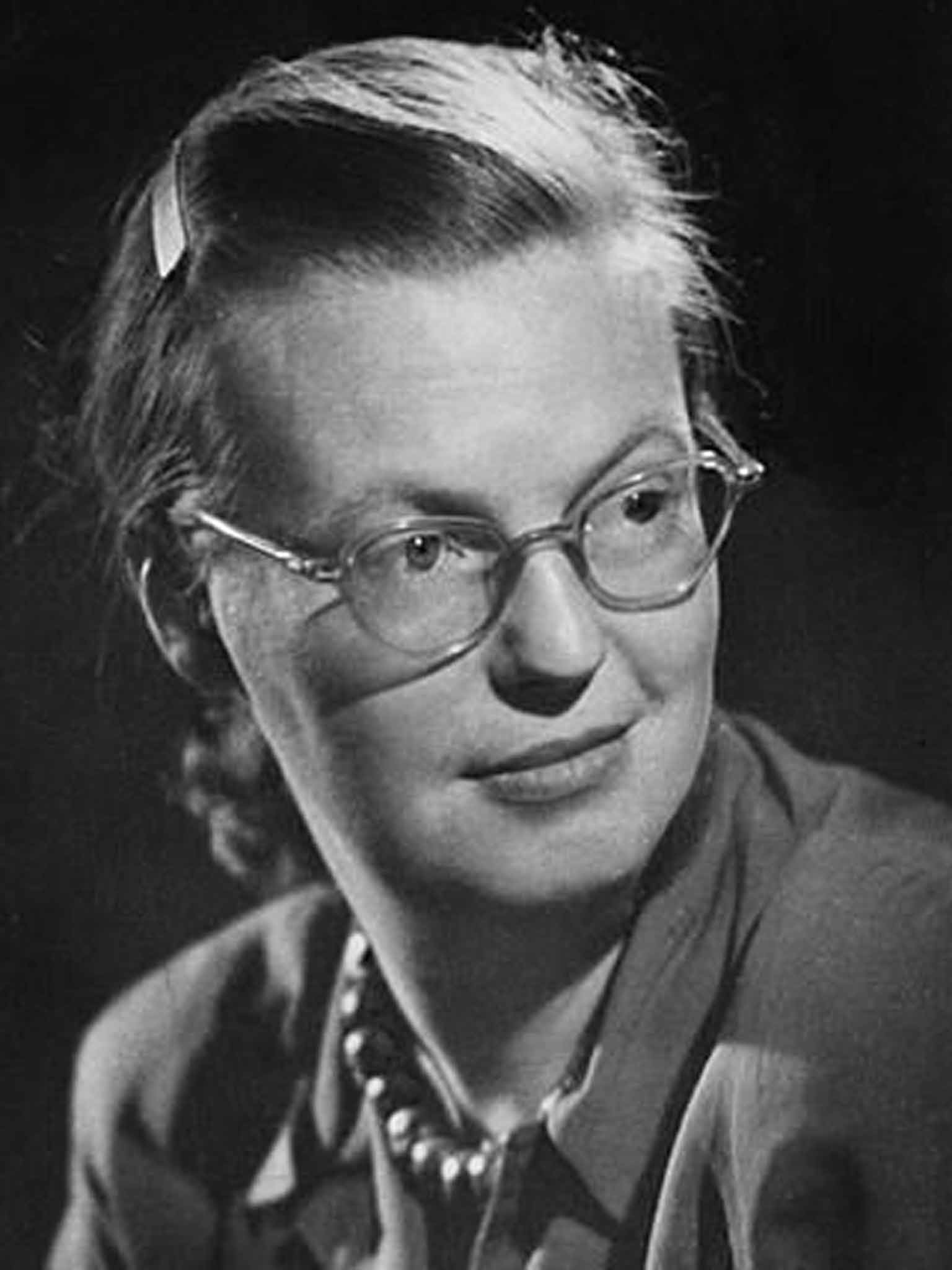How Shirley Jackson became the 'sorceress at the sink'
Jackson's tales brood on the primeval forces that roil and bubble beneath most sedate lives

Your support helps us to tell the story
From reproductive rights to climate change to Big Tech, The Independent is on the ground when the story is developing. Whether it's investigating the financials of Elon Musk's pro-Trump PAC or producing our latest documentary, 'The A Word', which shines a light on the American women fighting for reproductive rights, we know how important it is to parse out the facts from the messaging.
At such a critical moment in US history, we need reporters on the ground. Your donation allows us to keep sending journalists to speak to both sides of the story.
The Independent is trusted by Americans across the entire political spectrum. And unlike many other quality news outlets, we choose not to lock Americans out of our reporting and analysis with paywalls. We believe quality journalism should be available to everyone, paid for by those who can afford it.
Your support makes all the difference.As for many readers, it took Hollywood to alert me to the Gothic genius of Shirley Jackson. In 1963, between West Side Story and The Sound of Music, director Robert Wise came to the UK. At Ettington Park in Warwickshire, he found an ideally spooky location for one of the few classic tales of psychological terror (as opposed to mere slasher-horror) in the mainstream movie canon.
Wise's film The Haunting is a fairly faithful adaptation of The Haunting of Hill House, the 1959 novel by Shirley Jackson. That book remains the best-known – if not quite the best – work of the Californian-born author who died suddenly, aged 48, in 1965. For many admirers, the novel We Have Always Lived in the Castle, with its claustrophobic clan menaced by witch-hunting villagers, remains supreme.
Seen from a distance, Jackson's life looks almost like a lazy screenwriter's pastiche of the female Gothic author's plight. A busy home-maker confined in a creepy old New England house, she raises four kids while husband – critic Stanley Edgar Hyman – makes his name as a public intellectual and arbiter of taste. Not so much the madwoman in the attic as the sorceress at the sink, she rustles up deeply unsettling tales of mythic fury and supernatural power in between making breakfast, laundry and shopping trips. Much of the golden thread of Gothic and uncanny fiction in English passes through a female line – from Mary Shelley and Charlotte Bronte to Daphne du Maurier, Angela Carter, Susan Hill and Donna Tartt. But Jackson, more than most of her sisters in mystery, lived in and through the vast abyss between untamed imagination and domestic routine.
Let Me Tell You – the new Penguin Classics collection of her unpublished stories, essays and lectures – contains an article entitled Here I am, Washing Dishes Again. Jackson did a nice line in mom-in-the-kitchen comic sketches – catnip for conservative 1950s magazine editors.
Jackson scored a scandalous hit in 1948 with The Lottery, her career-launching New Yorker story about human sacrifice in a stifling small town. It inaugurated her long-standing scrutiny of the psychic impulses that drive conformity, exclusion and scapegoating. In an essay On Girls of Thirteen, she refers to her own daughter's life as "controlled, possessed by a shifting set of laws that make your-garden-variety savage initiation rite look like milk time in the nursery school". In the lecture How I Write, she reports telling appalled readers of The Lottery that "I was just thinking about my neighbours, but no one would believe me".
And in The Real Me, she wittily – but not quite frivolously – takes a magical hatchet to the "trim little housewife" persona. "At the full of the moon I can be seen out in the backyard digging for mandrakes," she writes; and when a young woman offended her, the hussy "fell down an elevator shaft and broke all the bones in her body except one, and I didn't know that one was there".
Even in the absence of paranormal events or supernatural beings, Jackson's tales brood on the primeval forces that roil and bubble beneath most sedate lives. Sometimes, they involve ghosts, witches, poltergeists and other spirits. Always, they chill, disturb and haunt.
Join our commenting forum
Join thought-provoking conversations, follow other Independent readers and see their replies
Comments